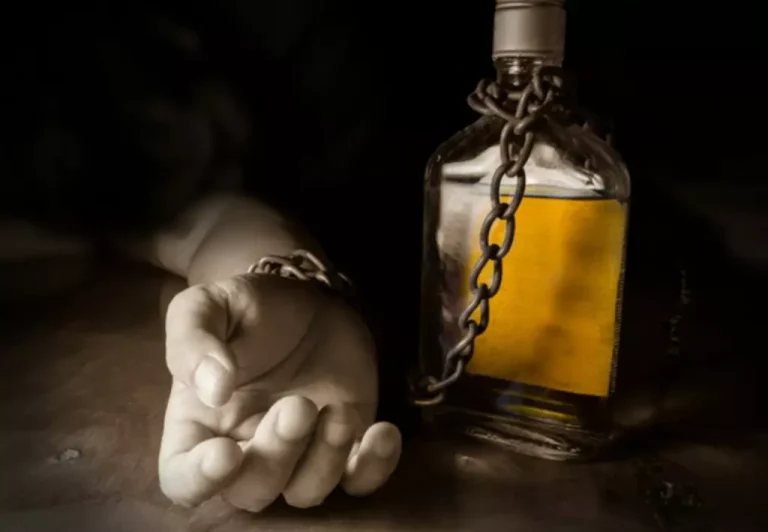How Does Alcohol Affect Kidneys? Drinking and Kidney Facts

The damage can usually be reversed if you stop drinking and allow your kidneys to recover, but it can sometimes cause irreversible damage to the kidneys. Liver health is closely related to alcohol consumption, as alcohol is processed by the liver. When you consume alcohol, it is absorbed into your bloodstream and then metabolized by the liver. Excessive alcohol consumption can cause damage to the liver, leading to various liver diseases such as fatty liver disease, alcoholic hepatitis, and alcoholic cirrhosis.
When to see a doctor
Over-consumption may lead to harmful alterations in levels of calcium, sodium, phosphorus, and potassium. Navigating the tricky terrain of medication and alcohol interaction isn’t easy, especially when you’re dealing with renal challenges. It’s crucial to grasp that alcohol can potentially interact with your medications and can even cause a decline in kidney function. Also important is how beer impacts fluid intake in those with kidney disease; remember any liquid counts towards your daily fluid allowance if you’re on dialysis. According to the National Kidney Foundation, that means up to one drink per day for women and older people and two drinks per day for men.
Do Plantains Have Gluten? Health Benefits and More
Hydronephrosis is the result of one or two swollen kidneys due to an accumulation of urine. A blockage or obstruction prevents urine from properly draining from the kidney to the bladder. This can cause the renal pelvis to become swollen or enlarged. You may experience flank pain and pain or difficulty during urination. You may be able to treat small kidney stones by increasing your water intake, taking medication, or using home remedies. It’s always wise to check with your doctor or dietitian before incorporating alcohol into your diet and it is recommended that you combine your alcohol with food.

Managing Blood Sugar and Chronic Kidney Disease
At these stages, CKD moderately to severely impacts kidney function. As the National Institute of Diabetes and Digestive and Kidney Diseases (NIDDKD) explains, the kidneys contain tiny, finger-like structures called nephrons. These filter waste products from the blood and maintain the balance of water and minerals in marijuana addiction the bloodstream.
Alcohol can cause changes in the function of the kidneys and make them less able to filter your blood. In addition to filtering blood, your kidneys do many other important jobs. One of these jobs is keeping the right amount of water does beer affect the kidneys in your body. When alcohol dehydrates (dries out) the body, the drying effect can affect the normal function of cells and organs, including the kidneys. For those navigating kidney disease, moderation is key when it comes to alcohol consumption.

When you drink heavily, your kidneys have to work harder to filter out the alcohol. And in rare cases, binge drinking — five or more drinks at a time — can cause a sudden drop in kidney function called acute kidney injury. This serious condition occurs when toxins from alcohol build up in your blood so fast your kidneys can’t maintain the proper fluid balance. Though it’s reversible with treatment, it can increase the risk of developing chronic kidney disease.

Nonetheless, the reviewers note that alcohol metabolism produces https://ecosoberhouse.com/ free radicals and other harmful by-products that are known to damage the body’s organs and tissues. According to the CDC, men should have no more than two drinks a day, and women should have no more than one drink a day. Alcohol can worsen the side effects of chemotherapy and other cancer treatments, such as nausea, dehydration, diarrhea, and mouth sores. Though scientists agree that alcohol can play a role in the development of certain types of cancer, kidney cancer isn’t one of them. When experts talk about one drink, they are talking about one 12-ounce bottle of beer, one glass of wine (5 ounces), or one shot (1.5 ounces) of “hard liquor.”
Understanding the Relationship Between Beer and Kidney Disease
Drinking too much even on just one occasion can have negative effects on overall health. Alcohol digestion produces toxic compounds that damage many essential organs including the kidneys. Hypertension and high blood pressure are common among people who drink more than two drinks a day. High blood pressure also increases your risk of kidney disease.
- It’s crucial to grasp that alcohol can potentially interact with your medications and can even cause a decline in kidney function.
- Drinking can lead to alcoholic dehydration even with just a few drinks.
- It is the body’s way of warning of a potentially serious medical condition, so it is best not to ignore it.
- When the body is dehydrated, the kidneys work harder to retain water, but alcohol interferes with their ability to do so effectively.
- Heavy alcohol use can lead to chronic dehydration, which in turn increases the risk of kidney disease.
Some research indicates alcohol intake may have positive effects on a healthy population, specifically men. Heavy drinking had a 91% increased risk of elevated blood pressure. Most of the acid-base problems that occur with alcohol consumption are ones involving too little acid. People with liver disease are more likely to get these as well. Other research found that drinking an alcoholic beverage causes a sudden spike in blood pressure for up to two hours.


